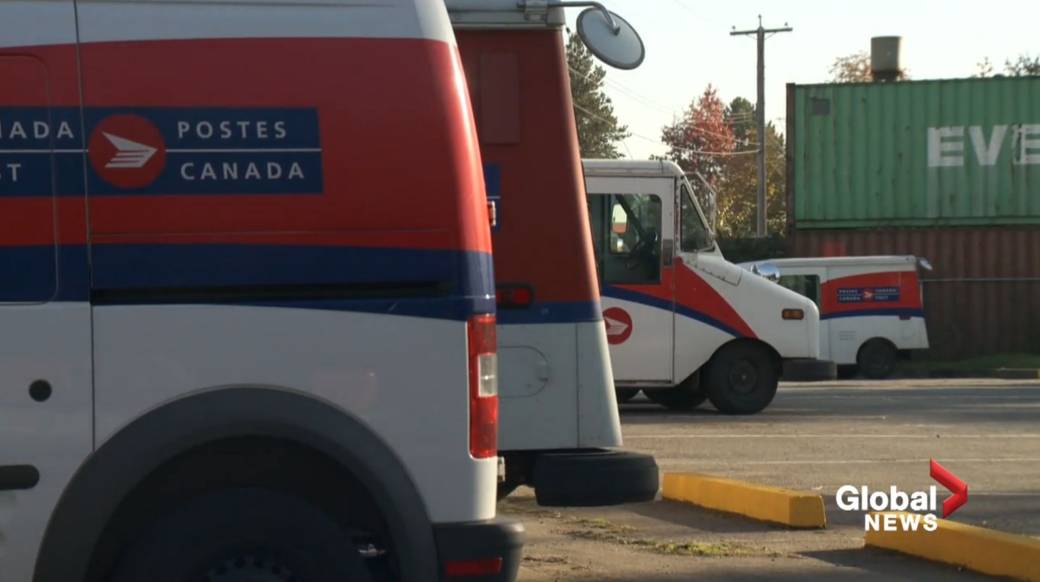Twelve years after his last fight, former world title contender Troy (The Boss) Amos-Ross is headed to the Boxing Canada Hall of Fame.
Egerton Marcus, his cousin and 1988 Olympic silver medallist as a middleweight, is also being inducted.
Other inductees are Olympians Jamie Pagendam, Raymond (Sugar Ray) Downey, Howard Grant and Domenic (Hollywood) Filane, former amateur world champion Jennifer Ogg and former Olympic boxing coach Colin MacPhail.
“It’s incredible,” said the 49-year-old Amos-Ross, a former Canadian and Commonwealth cruiserweight champion. “I’m very happy to be part of that elite group.”
The induction class will be honoured Nov. 24 in Sarnia, Ont., during the Canadian amateur boxing championships.
Amos-Ross is already in the Ontario Boxing Hall of Fame and Brampton Sports Hall of Fame.
Born in Georgetown, Guyana, in 1975, Amos-Ross moved to Canada with his family in 1982. He was taught to box by his father Charles Ross, a former Guyana Olympian, and joined the Bramalea Boxing Club in 1986.
Amos-Ross competed for Canada as a light-heavyweight in both the 1996 and 2000 Olympics.
He finished sixth in ’96 in Atlanta, recording two wins before losing to eventual gold medallist Vassiliy Jirov of Kazakhstan in the quarterfinals. Four years later in Sydney, he was stopped by Nigeria’s Jegbefumere Albert in the round of 16.
He won bronze as a light-heavyweight at the 1999 Pan Am Games in Winnipeg.
Turning pro, he won 23 of his first 24 fights before losing to American Steve Cunningham in a fight for the vacant IBF world cruiserweight title in Neubrandenburg, Germany. Amos-Ross lost by fifth-round technical knockout when the doctor stepped in because of a cut round the Canadian’s eye.
Amos-Ross won two more fights before ending his career in a September 2012 loss to IBF cruiserweight champion Yoan Pablo Hernández in Bamberg, Germany. The German-based Cuban was awarded a 114-113, 115-112, 116-112 decision that drew derisive whistles from the crowd.
“I pretty much pumped the floor with him today,” Amos-Ross said at the time. “I know I won the fight because I put all my hard work into it. I’m too strong, too fast. I’m just a better boxer today … it’s a bad decision.”
In 2005 he won the Canadian cruiserweight title and, in 2007, the Commonwealth championship. In 2009, Amos-Ross also was the last man standing in Season 4 of the “The Contender,” an American TV series featuring 16 cruiserweights.
Amos-Ross retired with a 25-3-0 record (the other loss was a 2005 split-decision to American Willie Herring).
He remains active in the sport today, training former world champion Jean Pascal and Triston Brookes, who takes on Uruguayan Nestor Faccio on Saturday in Hamilton.
Amos-Ross also coaches amateur fighters at the Bramalea Boxing Club, working with his brother Shawn Amos-Ross to help Simran Takhar, Abdullah Ayub and Aayan Ahmad Khokhar to gold and Ibna Sharma to silver at last month’s Golden Gloves Provincial Championships in Windsor, Ont.
Amos-Ross is working on putting on training camps for kids aged 12 and over as far afield as South Africa and Hawaii.
“For me, it’s about giving back and also sharing the knowledge of boxing and sport,” he said.
“It’s to help them with physical education, get their body healthy,” he added. “A strong heart leads to a strong mind.”
Amos-Ross has always had more than a few strings to his bow.
He studied fashion design at George Brown College and had his own clothing company, Ross Wear, for a while.
He also acted in several movies, playing opposite Russell Crowe in “Cinderella Man” in 2005, “Resurrecting The Champ” in 2007, and portrayed Floyd Patterson in “Phantom Punch” in 2008 with Josh Hartnett and Samuel L. Jackson.
When not helping others excel in the ring, the father of two runs Mount Pleasant Montessori School in Brampton, a childcare centre for some 100 kids up to the age of six. Amos-Ross and his then-wife Alison McLean opened the facility in 2014 and still work together.
—
Follow @NeilMDavidson on X platform, formerly known as Twitter
This report by The Canadian Press was first published Nov. 5, 2024.
